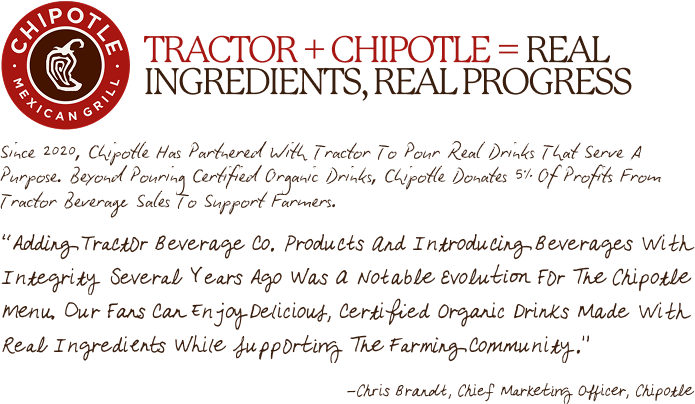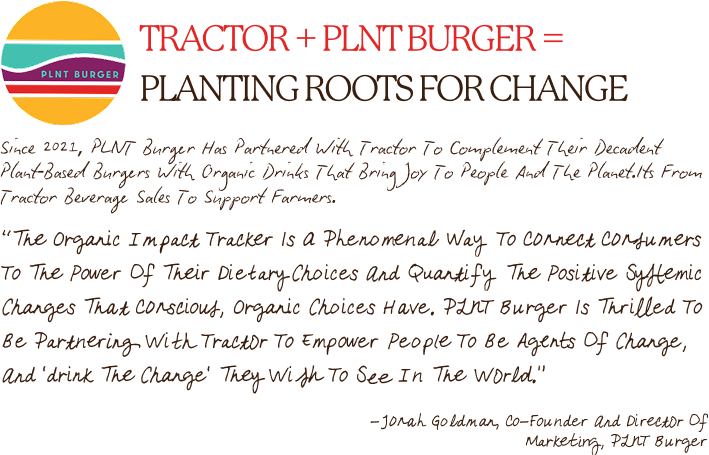Our Methodology
Measuring Success
The Organic Impact Tracker includes 5 key metrics.
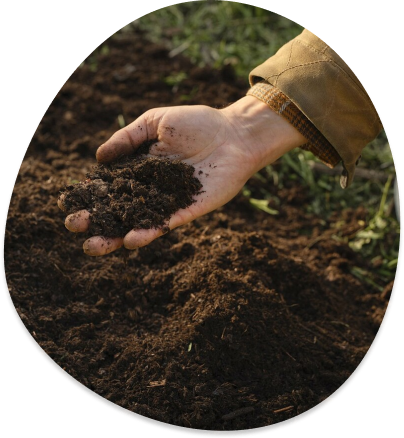
In 2022, we partnered with HowGood and Dr. Stephanie Bledsoe to measure our impact. We’ve made good progress so far, but as we continue to pour Tractor and bring on more pouring partners, we’ll see the impact accelerate even more.
Build With
Sustainability Expert
HowGood is an independent research company with the world’s largest food product sustainability database.
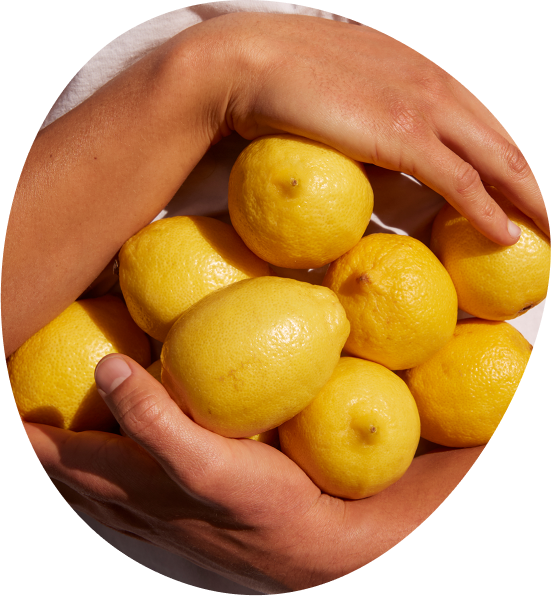
Using HowGood’s industry-leading impact modeling methodology, and drawing data from 600+ third-party scientific and peer-reviewed studies, HowGood conducted a sustainability assessment for every ingredient in Tractor’s product portfolio to uncover the environmental and social impact of their products.
Select sources include the following:
- Agrobiodiversity Index
- Animal Welfare Institute
- Aquaculture Stewardship Council
- Bioversity International
- Cosmos Organic
- Demeter Certified Biodynamic
- European Commission
- Fair for Life
- Fairtrade America
- Global Animal Partnership (GAP)
Seafood Watch
- USDA National Agricultural Statistics Service (NASS)
- US Department of Labor
- US Department of State
- U.N. Food And Agriculture Organization (FAO)
- USDA Organic
- U.S. Food and Drug Administration
- Global Animal Partnership (GAP)
Progress for Today And Tomorrow
Setting the Conventional Baseline
HowGood uses its impact modeling system to assess the conventional industry average agricultural impact of each ingredient in Tractor’s products. This baseline, based on conventional practices without certifications, covers all sustainability metrics to provide a full picture of environmental and social impacts.
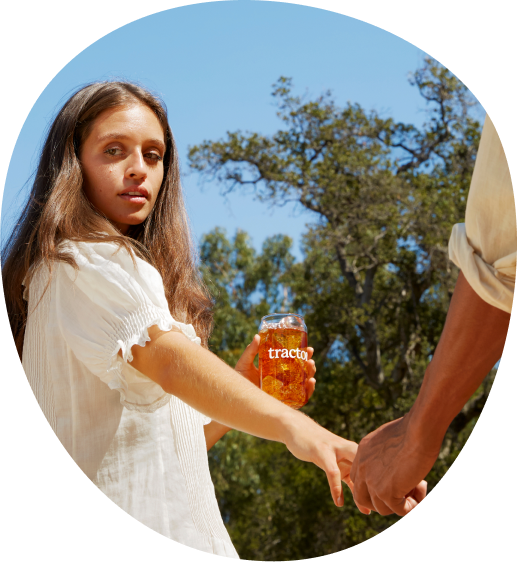
Analyzing the Tractor Impact Differential
HowGood models the impact of Tractor’s organic sourcing and geographies, subtracting it from the conventional average while factoring in transformation losses across the food value chain.
See what else we’re tracking
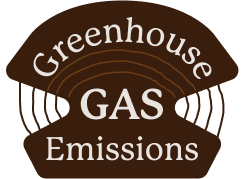


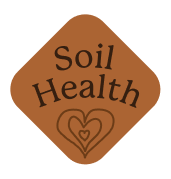
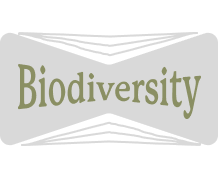
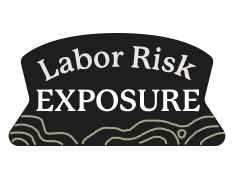
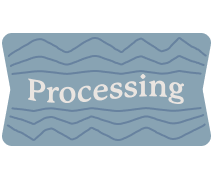
Quenching Your Curiosity
We strongly believe in removing chemicals from our food system and seek to align with others who believe in the same. Real organic ingredients, when used properly and thoughtfully, provide cleaner, bolder flavor without the side effects of using chemical agents. Tractor Beverage Company is the first and still only Certified Organic and Non-GMO full line beverage solution available for food service.
Do you ever wonder what “organic” actually means? Certified Organic food is grown without most synthetic fertilizers and synthetic pesticides, sewage sludge, and GMOs or ionizing radiation often used in conventional farming. Organic farmers also implement other practices that promote soil health, biodiversity, water conservation, and a self-sustaining cycle of resources on the farm to achieve ecological harmony. Organic foods are also processed without artificial preservatives, colors, or flavors.
Choosing to eat organic benefits your body and the planet in a big way! At Tractor, we create Certified Organic, Non-GMO beverages that are free of synthetic pesticides, so they can be extra delicious.
We strongly believe in removing chemicals from our food system and seek to align with others who believe in the same. Real organic ingredients, when used properly and thoughtfully, provide cleaner, bolder flavor without the side effects of using chemical agents. Tractor Beverage Company is the first and still only Certified Organic and Non-GMO full line beverage solution available for food service.
Do you ever wonder what “organic” actually means? Certified Organic food is grown without most synthetic fertilizers and synthetic pesticides, sewage sludge, and GMOs or ionizing radiation often used in conventional farming. Organic farmers also implement other practices that promote soil health, biodiversity, water conservation, and a self-sustaining cycle of resources on the farm to achieve ecological harmony. Organic foods are also processed without artificial preservatives, colors, or flavors.
Choosing to eat organic benefits your body and the planet in a big way! At Tractor, we create Certified Organic, Non-GMO beverages that are free of synthetic pesticides, so they can be extra delicious.
We strongly believe in removing chemicals from our food system and seek to align with others who believe in the same. Real organic ingredients, when used properly and thoughtfully, provide cleaner, bolder flavor without the side effects of using chemical agents. Tractor Beverage Company is the first and still only Certified Organic and Non-GMO full line beverage solution available for food service.
Do you ever wonder what “organic” actually means? Certified Organic food is grown without most synthetic fertilizers and synthetic pesticides, sewage sludge, and GMOs or ionizing radiation often used in conventional farming. Organic farmers also implement other practices that promote soil health, biodiversity, water conservation, and a self-sustaining cycle of resources on the farm to achieve ecological harmony. Organic foods are also processed without artificial preservatives, colors, or flavors.
Choosing to eat organic benefits your body and the planet in a big way! At Tractor, we create Certified Organic, Non-GMO beverages that are free of synthetic pesticides, so they can be extra delicious.
We strongly believe in removing chemicals from our food system and seek to align with others who believe in the same. Real organic ingredients, when used properly and thoughtfully, provide cleaner, bolder flavor without the side effects of using chemical agents. Tractor Beverage Company is the first and still only Certified Organic and Non-GMO full line beverage solution available for food service.
Do you ever wonder what “organic” actually means? Certified Organic food is grown without most synthetic fertilizers and synthetic pesticides, sewage sludge, and GMOs or ionizing radiation often used in conventional farming. Organic farmers also implement other practices that promote soil health, biodiversity, water conservation, and a self-sustaining cycle of resources on the farm to achieve ecological harmony. Organic foods are also processed without artificial preservatives, colors, or flavors.
Choosing to eat organic benefits your body and the planet in a big way! At Tractor, we create Certified Organic, Non-GMO beverages that are free of synthetic pesticides, so they can be extra delicious.
We strongly believe in removing chemicals from our food system and seek to align with others who believe in the same. Real organic ingredients, when used properly and thoughtfully, provide cleaner, bolder flavor without the side effects of using chemical agents. Tractor Beverage Company is the first and still only Certified Organic and Non-GMO full line beverage solution available for food service.
Do you ever wonder what “organic” actually means? Certified Organic food is grown without most synthetic fertilizers and synthetic pesticides, sewage sludge, and GMOs or ionizing radiation often used in conventional farming. Organic farmers also implement other practices that promote soil health, biodiversity, water conservation, and a self-sustaining cycle of resources on the farm to achieve ecological harmony. Organic foods are also processed without artificial preservatives, colors, or flavors.
Choosing to eat organic benefits your body and the planet in a big way! At Tractor, we create Certified Organic, Non-GMO beverages that are free of synthetic pesticides, so they can be extra delicious.
We strongly believe in removing chemicals from our food system and seek to align with others who believe in the same. Real organic ingredients, when used properly and thoughtfully, provide cleaner, bolder flavor without the side effects of using chemical agents. Tractor Beverage Company is the first and still only Certified Organic and Non-GMO full line beverage solution available for food service.
what our clients are saying
